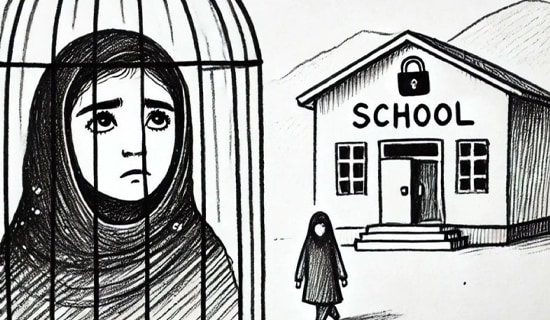On the 11th anniversary of 9/11, Jean Aziz, a columnist for the Lebanese daily Al-Akhbar, which is close to Hizbullah, claimed that the repeated mistakes of U.S. policy in the Middle East and vis-à-vis the Islamic world could lead to another 9/11. He also reiterated various conspiracy theories regarding the attacks.
Following are excerpts from his column:
"... The ink of [the events] of 9/11 will not be dry by its 11th anniversary, nor even decades later, because the conspiracy theories have not subsided. How did Flight 77's Boeing 757, which according to the official version of events struck the Pentagon, manage to complete a 330-degree turn in midair at 530 miles per hour, dive 7,000 feet in only 2.5 minutes, and crash into the wall of the U.S. Department of Defense? Hours later, how did the [World] Trade Center's Building 7, which housed the CIA and Secret Service headquarters, collapse with no logical explanation and without being hit by either of the planes [that hit the Twin Towers] – while even the windows in the adjacent buildings remained undamaged? This in addition to the thousands of reports and astounding facts in Thierry Meyssan's book, Michael Moore's movie, and millions of websites dealing with the '9/11 conspiracy' ...
"[But] behind all these myths is one solid fact underpinning the events of 9/11, and that is the crisis and the conflict between the American decision makers and the central Islamic entity – or, more precisely, the Sunni entity. Much has been written on this relationship... but no answer or solution [to this crisis and conflict] has been proposed. Moreover, the initial American response to the events only exacerbated the problem, and widened the gap between the two worlds [i.e. the U.S. and the Islamic world]...
"After years of war [in Iraq], Washington announced its defeat and sent Bush's team to play golf for all eternity. [The U.S.] left Baghdad somewhat humiliated, nearly apologizing to the Taliban before embracing it in Doha, and beginning to prepare itself emotionally to invite Mullah 'Omar to visit the White House on the same motorcycle on which he escaped a decade ago.
"[Then] Obama arrived with a new perception: Let's kill bin Laden, whose hiding place has been known for some time, and later we'll bring down some of the tyrannical regimes that we established in the Islamic world a few decades ago. We'll [also] enable the Muslim Brotherhood to take power, then put them to the test, and wait.
"To date, Obama has skipped over the principles of democracy. He hasn't ensured fundamental rights – jus cogens that were trampled between Dahshur – which was burned over a shirt[1] – and the smashing of gravestones in Libya.[2] He also hasn't ensured the principle of the [free] exchange of views within the [Egyptian] regime, and has [been unconcerned] about the risk that the Muslim Brotherhood's [version of] democracy will embody the principle of 'one man, one vote, one time.' He settled for the ballot box, pointing to it as proof that he [i.e. Obama himself] should be reelected... He perceives [Egyptian President Muhammad] Mursi as someone who defends Israel's borders... and ['Abd Al-Hakim] Belhadj[3] and his mujahideen as the ones who permanently stopped Qadhafi from revealing scandalous secrets.
"And now he [Obama] rests. For how long? Certainly not very.
"This is Washington's second 'flirtation' with the mujahideen, after President Reagan's theatrics in the early 1980s. [Obama's conduct] will surely lead to a new disaster, that might begin with Palestine, or with the new Islamic generation in Europe, or with the Islamization of the East, or even with another 9/11. And why not? History repeats itself only for those who do not learn from it."[4]
[1] Violent Copt-Muslim clashes broke out in the Egyptian village of Dahshur after a Coptic ironer accidently burned a Muslim's shirt.
[2] Possibly a reference to the March 2012 vandalizing of the graves of WWII British, Commonwealth and Italian soldiers in Benghazi. Also recently, graves of Sufi sheikhs were also destroyed in Libya, most likely by Salafis.
[3] 'Abd Al-Hakin Belhadj, former leader of the Libyan Islamic Fighting Group who spent six years in Libyan prison. He was released after relinquishing jihad. During the Libyan revolution, Belhadj took an active role in the takeover of Tripoli; recently he established the Al-Watan Party.
[4] Al-Akhbar (Lebanon), September 11, 2012.




